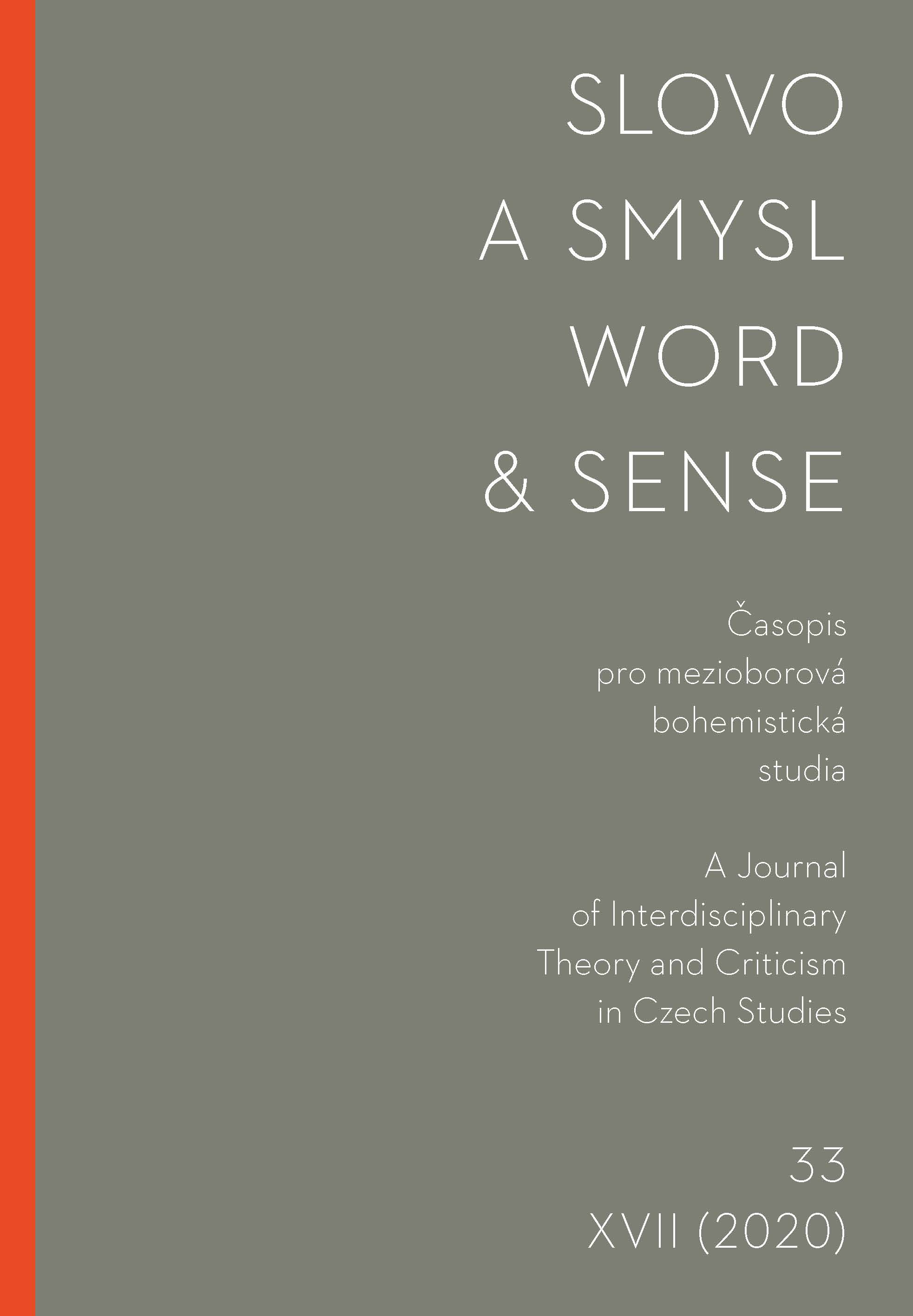Literární vícejazyčnost a sebepřeklad
Literary Multilingualism and Self-Translation
Challenges and Approaches in GermanLanguage Exile Literature after 1933
Author(s): Primus-Heinz KucherSubject(s): Studies of Literature
Published by: Univerzita Karlova v Praze - Filozofická fakulta, Vydavatelství
Keywords: exile; linguistic and cultural deterritorialization; self-translation and translinguistic literary production; strategies for writing in an adoptive language; creative bilingualism; Benjamin’s ‘intent
Summary/Abstract: German and Austrian writers exiled by the Nazi regime had to deal not only with forced exclusion from what had been to that point a clearly defined cultural sphere — one, moreover, in which they had achieved a certain success in various fields of artistic and literary production. They also had to deal with the Nazi occupation of the German language, an experience which must have struck them as one of the most drastic and depressing experiences. This compelled them to reconsider how to proceed in their German-language literary work, or else adopt a new language altogether. The options available to them — translation, self-translation, bilingual literary production — were more or less practicable in relation to an author’s willingness to integrate into a new language culture. This process often was accompanied by intensive reflections on cultural de-territorialization, on (im)possible relocation, or other strategies for straddling two languages and cultures. The following essay aims to draw attention to several case studies with a focus on the exile of Austrian born writers to the USA — authors such as Leo Lania, Felix Pollak and Franzi(ska) Ascher —, and to analyze a selection of their bilingual projects in order to better understand their strategies for writing in an adoptive language, the possibilities this offers, and what this means for future translinguistic (creative) production.
Journal: Slovo a smysl
- Issue Year: 17/2020
- Issue No: 33
- Page Range: 185-198
- Page Count: 14
- Language: Czech

